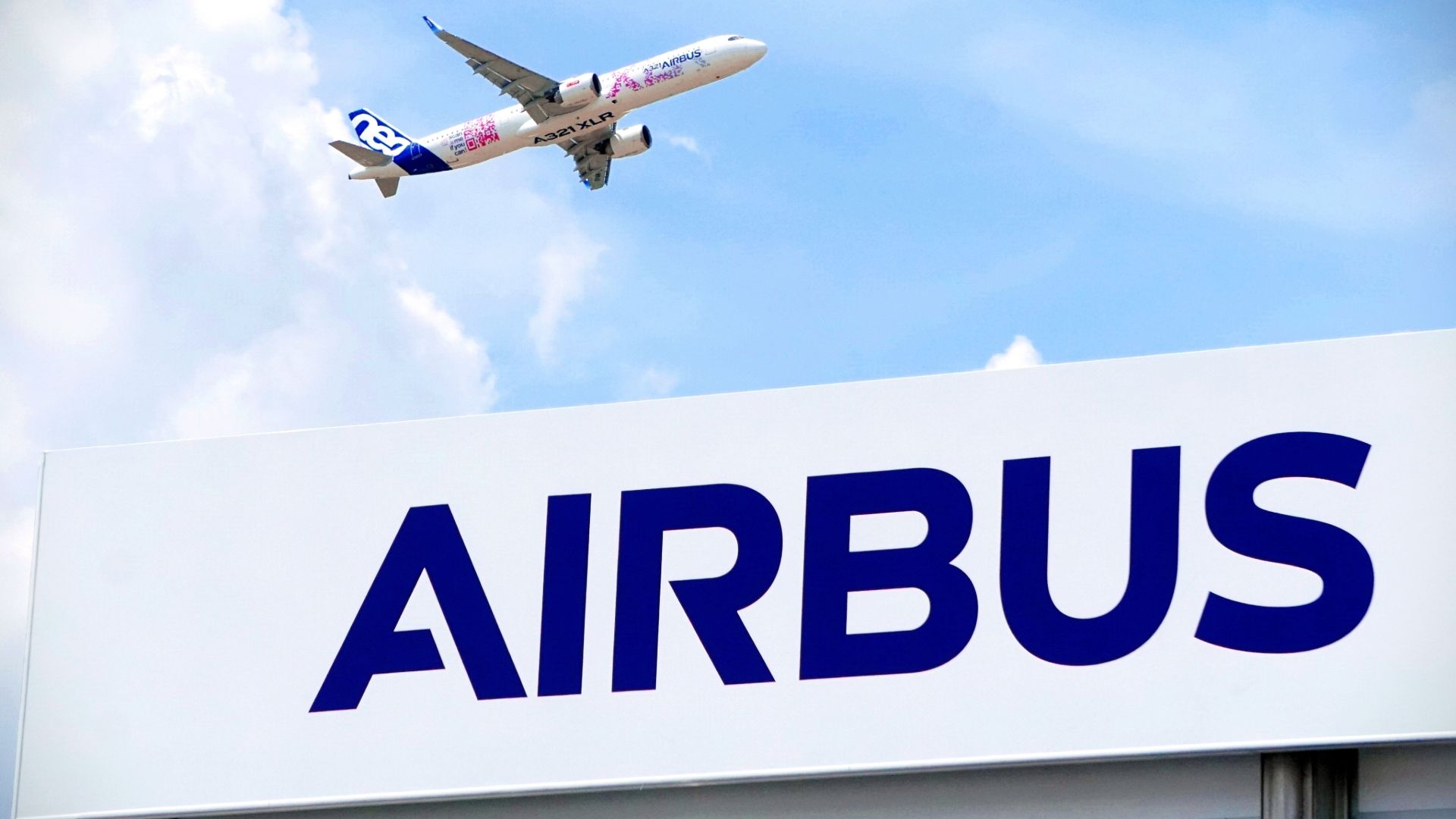Airbus has once again demonstrated remarkable resilience, reporting robust financial outcomes for the first half of 2025, even as the aerospace industry grapples with persistent delivery challenges. This impressive corporate performance underscores the European planemaker’s strategic agility in a complex global market.
The company’s H1 2025 financial report showcased a significant uplift in both revenue and profit. Consolidated revenue ascended to approximately $34 billion (€29.6 billion), a notable increase from $33 billion (€28.8 billion) in H1 2024, highlighting strong underlying demand. Net income surged to $1,745 million (€1,525 million), nearly doubling from the previous year’s $944 million (€825 million), confirming the strength of Airbus financials.
This growth was broadly supported across its diverse operations. Airbus’s commercial aircraft manufacturing division accounted for a substantial $24 billion (€20.8 billion) of the total revenue, showcasing its dominant market position. Complementing this, Airbus Helicopters and Airbus Defence and Space made significant contributions, adding $4.3 billion and $6.6 billion (€3.7 billion and €5.8 billion) respectively, reflecting balanced growth.
Guillaume Faury, CEO of Airbus, commended the strong commercial performance during the first six months of 2025. He acknowledged the transformation progress within the Defence and Space division and the impact of lower commercial aircraft deliveries. A welcome development for the aviation news landscape was the recent political agreement between the EU and the US, re-establishing a zero-tariff approach for civil aircraft, a positive signal for global trade.
Despite delivery headwinds, Airbus secured a robust 494 gross commercial aircraft orders in H1 2025, a substantial increase from 327 in the same period of 2024. After cancellations, net orders stood at 402 aircraft, signifying strong market confidence. This influx of new business pushed the company’s order backlog to an impressive 8,754 commercial aircraft as of June 30, ensuring long-term stability for the aerospace industry.
However, deliveries between January and June 2025 totaled 306 units, including A220s, A320 family jets, A330s, and A350s, slightly below the 323 units delivered in H1 2024. Faury attributed this shortfall to persistent “external complexities” affecting the aircraft manufacturing supply chain.
Nevertheless, Airbus remains firmly committed to its ambitious long-term production targets. The A320 program is on track to achieve an output of 75 aircraft per month by 2027, while A330 production aims for five per month by 2029. The A220 program is also progressing towards 14 aircraft per month by 2026, demonstrating continued investment in scalable aircraft manufacturing.
For the A350, Airbus still targets a rate of 12 per month by 2028, despite ongoing challenges. The company confirmed significant progress in acquiring Spirit AeroSystems’ Kinston and St. Nazaire sites, crucial for fuselage sections, with the acquisition expected to close in the fourth quarter of 2025. This strategic move is vital for streamlining their aircraft manufacturing processes.
CEO Guillaume Faury reiterated that Airbus’ 2025 full-year guidance remains unchanged following these positive Q2 2025 earnings. The company anticipates delivering approximately 820 commercial aircraft and achieving an adjusted EBIT of about $7.9 billion (€7 billion), contingent on continued global stability and no further disruptions to trade or the supply chain, reinforcing their optimistic corporate performance outlook.





Leave a Reply